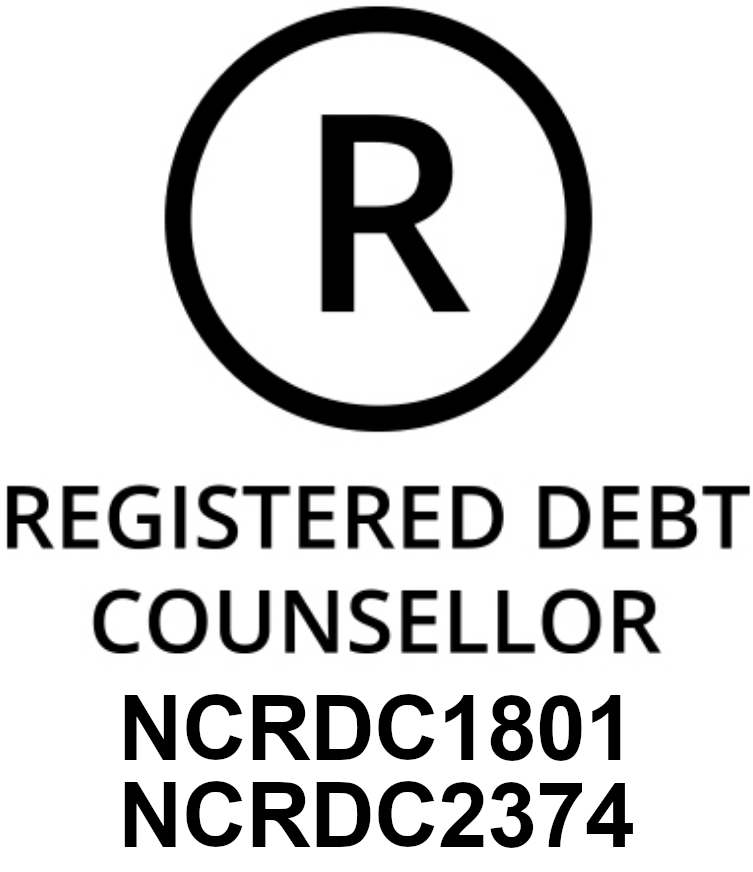Understanding the ins and outs of loan rejection is very important for anyone who has faced this setback, so you’re able to make better decisions that directly affect your financial health and opportunities.
Poor Credit Score
Your credit score is a direct deciding factor when it comes to getting approved for a loan. Lenders see this number as a reflection of your financial reliability.
A low score can result from missed payments, high credit use which tells lenders that you may be at a higher risk of defaulting on payments. A lack of credit history or insufficient income can also keep your score low.
Understanding the components of a credit score is essential for anyone looking to borrow.
Missed Payments
Each time you miss a payment on a credit card, loan, or any other form of credit, it negatively affects your credit score. Lenders interpret this as a sign of financial irresponsibility.
High Credit Use
This is the ratio of your current revolving credit (i.e., credit card balances) to your total available revolving credit. A high utilisation rate suggests you are overly reliant on credit, which can make lenders think twice about granting you even more credit.
Lack of Credit History
A short or nonexistent credit history provides little evidence of your ability to manage debt responsibly. Lenders favour borrowers with a longer, positive credit history as it reduces the risk factors.

Insufficient Income
Income stability is an important factor as lenders need to know you have the means to repay the loan they grant you. An income that is insufficient or unstable can lead to rejection, as it raises concerns about your ability to meet monthly repayments. Evaluating income can be complex as a lender will take into account not just the amount but also its regularity.
Debt-to-Income Ratio
Beyond the gross salary, lenders calculate your debt-to-income (DTI) ratio, which weighs your monthly debt obligations against your income. A high DTI ratio might indicate that your income isn’t sufficient to take on additional debt comfortably.For referencec, a good DTI ratio is 40%.
Proof of Income
Providing proof of income through payslips, tax returns, or bank statements is non-negotiable. This helps lenders verify your income claims and assess your loan affordability.

You are in debt review or had a judgement against your name
If you are blacklisted or have a judgement against your name, you will automatically be declined for any loan. In terms of the National Credit Act, it is illegal for lenders to offer you credit under these circumstances. When going through debt review, credit is also declined as the process is aimed at freeing consumers from debt. However, once you are debt-free, you can gain access to credit once again.
If you are blacklisted, struggling to meet your monthly obligations, or have had judgments brought against you and require professional and trusted debt relief, contact DebtBusters on 0869 99 06 06 for advice.
Incomplete or Incorrect Application
Accuracy in loan applications is non-negotiable. Incomplete or incorrect information can trigger automatic rejection, as it compromises the lender’s ability to assess your financial situation accurately.
Need debt counselling or consolidation?
Explore DebtBusters' solutions for reducing your interest rates and unlocking cash.
Find out moreDouble-Checking Application Details
Make sure you review all information for accuracy before submission. Even small mistakes in personal details or financial information can lead to your application being denied.
Lack of Collateral
For secured loans, collateral serves as a lender's safety net. If you cannot provide valuable assets as security, your loan application faces a higher risk of rejection, particularly if your credit score or income levels are not what they should be. Collateral can include anything of value, such as property, vehicles, or investments, which can be used to repay the loan if you default.
Too Many Existing Loans
Holding multiple loans at the same time can negatively affect your loan application. It signals a potential over-reliance on credit and raises concerns about your financial management skills and ability to take on additional debt.
Managing Existing Debt
Reducing your current debt levels before applying for a new loan can improve your debt-to-income ratio, making you a more attractive candidate to lenders.
Not Meeting the Minimum Requirements
Lenders have set criteria that applicants must meet, such as minimum age, income levels, and residency requirements. Failure to meet these basic qualifications results in immediate disqualification.

Negative Banking Information
Lenders often review banking information to gauge your financial behaviour. Negative markers such as overdrafts, insufficient funds, or erratic banking activity can cast doubt on your ability to manage finances effectively.
Maintaining a Healthy Banking Record
Keeping your bank accounts in good standing, avoiding overdrafts, and managing your funds responsibly can positively influence lender perceptions and support your loan application.
How DebtBusters Can Help
Understanding why you were rejected for a loan is the first step towards improving your financial health. Each reason provides insight into what lenders are looking for and how you can better prepare for future applications. With the right approach, and possibly the support of services like DebtBusters, you can increase your chance of loan approval.
FAQs
What can I do to improve my chance of loan approval?
Improving your credit score, lowering your debt-to-income ratio, and ensuring stable employment can significantly enhance your loan approval chance.
How does DebtBusters help in improving your loan approval chance?
DebtBusters provides personalised debt management plans, credit score improvement strategies, and negotiations with creditors to lower your debts, thereby improving your financial standing.
Can applying for a loan multiple times affect my credit score?
Yes, each loan application can result in a hard inquiry on your credit report, which can slightly lower your credit score.
Is it possible to get a loan with a poor credit score in South Africa?
Some lenders specialise in bad credit loans. However, these often come with higher interest rates and stricter terms, presenting challenges to a borrower.
How long does it take to improve a credit score with DebtBusters?
The time frame varies depending on individual circumstances, but consistent effort and adherence to a debt management plan can yield noticeable improvements within a few months.





